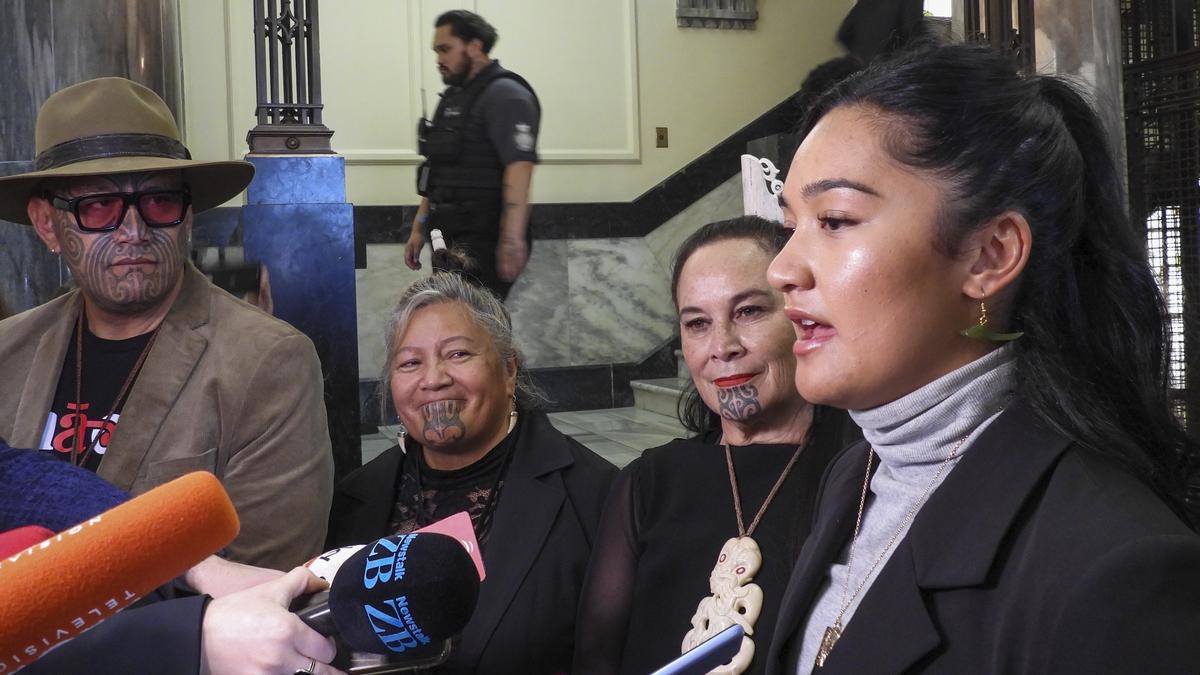
New Zealand Lawmakers stage Maori protest in parliament during fraught race relations debate
The Hindu
New Zealand parliament erupts in dramatic political theater over controversial bill redefining Indigenous Maori rights.
A vote in New Zealand’s parliament was suspended and two lawmakers ejected on Thursday (November 14, 2024) when dramatic political theatre erupted over a controversial proposed law redefining the country’s founding agreement between Indigenous Maori and the British Crown.
Under the principles laid out in the 1840 Treaty of Waitangi, which guide the relationship between the government and Maori, tribes were promised broad rights to retain their lands and protect their interests in return for ceding governance to the British. The bill would specify that those rights should apply to all New Zealanders.
The bill has scant support and is unlikely to become law. Detractors say it threatens racial discord and constitutional upheaval, while thousands of New Zealanders are traveling the length of the country this week to protest it.
Despite its unpopularity, however, the proposed law passed its first vote on Thursday after dominating public discussion for months, due to a quirk of New Zealand’s political system that allows tiny parties to negotiate outsized influence for their agendas. It also reflects unease among some New Zealanders about more rapid progress in recent years toward upholding the promises made to Māori when the country was colonized.
For decades after the Treaty of Waitangi was signed, differences between the English and Māori texts and breaches by New Zealand governments intensified the disenfranchisement of Māori.
By the middle of the 20th century, Indigenous language and culture had dwindled, much tribal land was confiscated and Māori were disadvantaged on every metric. As the Indigenous protest movement surged in the 1970s, lawmakers and the courts slowly began to elucidate what it understood the treaty to promise Māori: partnership with the Crown, participation in decision-making and protection of their interests.
“What all of these principles have in common is that they afford Māori different rights from other New Zealanders,” David Seymour, leader of minor libertarian party ACT and the bill’s author, said Thursday.











